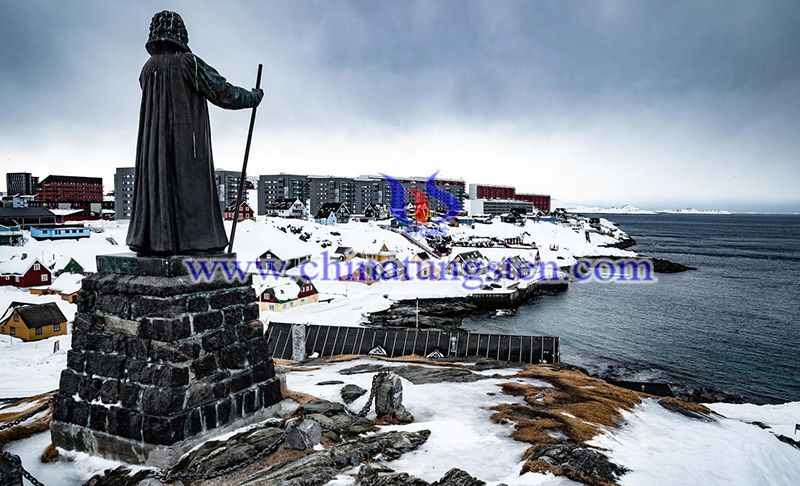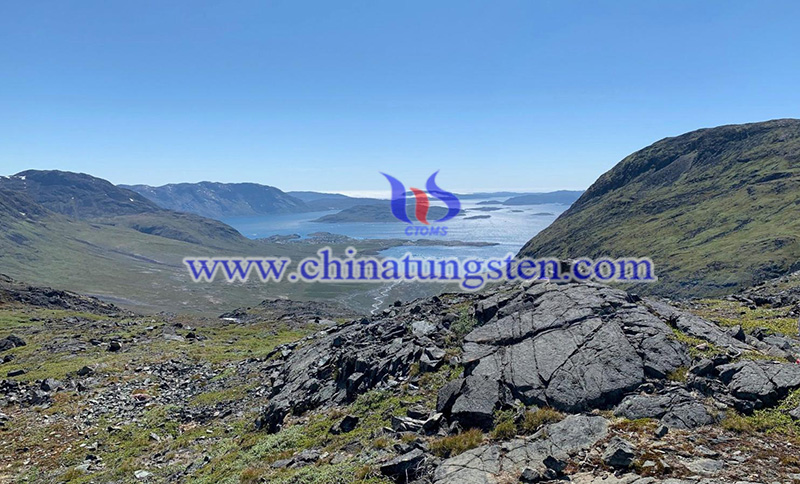Greenland Votes Say No to China-backed Rare Earth Mining
- Details
- Category: Tungsten's News
- Published on Sunday, 11 April 2021 21:09
Greenland votes reiterate its opposition to the Australian rare earth mining company endorsed by the ruling party and controlled by the Chinese company. The early parliamentary election on April 6. The opposition People’s Community (Inuit Ataqatigiit) secured 37% of the vote. On April 7, the Kvanefjeld in the southern part of the island, which caused heated debates during the election campaign, was on a large scale. The rare earth mining plan reiterated its opposition to the Australian mining company.
Kvanefjeld deposit is closely related to several countries. Greenland Minerals, which owns the deposit, is an Australian company, whose top shareholder is Chinese Shenghe Resources, a point that has also raised some concern.

The project may see a large mining complex built at Kvanefjeld to dig for uranium as well as rare-earth elements (REEs), such as neodymium. These are widely used in an array of sectors and products, including smartphones, wind turbines, microchips, batteries for electric cars, as well as weapons systems. Estimates show the mine could hold the largest deposit of REEs) outside China.
The island has a population of approximately 56,000 and is an autonomous territory to which Denmark belongs. Arctic ice melting and mining plans have changed the focus of the election. In February of this year, the center-right Democratic Party withdrew from the three-party ruling coalition due to opposition to the uranium and rare earth mining plan of the Kvanefjeld deposit, leaving the Siumut Party and another small party leading the government. Parliament agreed to re-election on April 6 ahead of schedule.
The Australian company that owns the Kvanefjeld deposit said that the deposit may become the most important REEs producer in the Western world. According to the US Geological Survey, Greenland owns the world's largest undeveloped rare earth deposit. At present, more than 90% of the world's REEs are produced in China.

The election has been watched closely by major economies including the US and Europe, which seek to increase a rare-earth supply chain that now relies heavily on China. The island boasts the world's seventh-largest reserves of vital metals.
The Kadima Party believing that it could create jobs, increase revenue in Greenland for the next few decades, and help to separate from Denmark. They have a strong ambition to fight for independence. The opposition party Inuit Ataqatigiit also supports independence, but it opposes the mining of rare earth, fearing that it may cause radiation pollution and toxic waste.
- Rare Earth Manufacturer & Supplier, Chinatungsten Online: www.chinatungsten.com
- Tungsten News & Prices of China Tungsten Industry Association: www.ctia.com.cn
- Molybdenum News & Price: news.molybdenum.com.cn
- Tel.: 86 592 5129696; Fax: 86 592 5129797; Email: sales@chinatungsten.com



 sales@chinatungsten.com
sales@chinatungsten.com